By Vinni and Vegan Acne Sufferers
Our body is extremely smart and is designed to heal and restore itself, but sometimes it needs aid from the outside or it needs something to stop coming from the outside. Suffering from acne, I often ignored many of the signs that my body was sending to alert me that something was not right. Eating a paleo-based diet, I constantly had headaches and had very low energy.
I did not acknowledge these signs that my body was giving me and I continued to eat the same and didn’t implement any changes in my daily routine. When you are experiencing things like headaches, stomach aches, irregularities in bowel movements, or little to no energy, your body is trying to desperately tell you something. The tricky part is trying to figure out what it is your body is trying to tell you.
When you have acne, something is happening in your insides and what is showing up on your face, back, or chest is an outward reflection of that. Your body is trying to tell you that something is off, so don’t ignore it. Acne is almost always a sign of hormones in the body that are out of balance. A combination of genetics and hormonal issues can lead to a deadly case of acne on your face, chest, and back. Let's talk about these hormones and how they contribute to acne.
DIFFERENT TYPES OF HORMONES AND ACNE
ESTROGEN AND ACNE

Estrogen is a confusing hormone for acne sufferers because both low and high levels of estrogen can lead to deep, cystic acne on your skin. Your estrogen should always be in balance, not too high and not too low, much like the thyroid hormones.
Estrogen is an extremely important hormone for women, and one of its effects is to decrease oil production on your skin, which is the opposite of testosterone. It balances out testosterone and its effects, so if you have low estrogen, your testosterone may be at normal levels and still cause acne because it’s not being balanced out.
Some birth control pills have synthetic estrogens in them and are given by doctors to prevent acne in patients. I came across a product that I knew I had to try. I researched this product for about two weeks, read many positive reviews, and decided to pull out the credit card one more time for the sake of my skin. I purchased a supplement called EstroBlock.
This product has been an absolute skin saver for me this past month. The title threw me off a little bit as it sounds like it is blocking estrogen production, which would not be good! However, it allows your body to keep the good estrogens while ridding your body of the bad estrogens. I didn’t even know that some estrogens were considered harmful! I still have a lot to learn about estrogen production and hormone balancing, but what I do know is that EstroBlock works for me.
I had the worst breakout of my life last month. I would say I got 20 new pimples last month and 10 of them left scars on my left and right cheek bones. I took Estroblock for three weeks and only had about five new pimples this month. I honestly couldn’t believe it! Not only did I have far fewer pimples this month but I also have far fewer acne scars to treat.
If you think you have hormonal acne, I recommend this product over anything I have ever tried. It’s definitely worth a shot. It is even safe for men. I have been taking a probiotic and other supplements as well, but I know that Estroblock is the leader in results of my supplement pack.
So far, estrogen sounds amazing, doesn’t it? Now, let me introduce you to the term, estrogen dominance.
You’ll find this all over the internet, and it can be very confusing. How can estrogen be bad? Some people think that estrogen dominance is a farce, but I believe that if people can break out from eating too many phytoestrogens, like in the case of flax seed-related breakouts, then it’s true that estrogen is not always good for acne.
PROGESTERONE AND ACNE

In women, estrogen is balanced by progesterone. Progesterone and acne have a direct relationship too. This usually happens when you get acne before your period. If you have low levels of progesterone, then there’s not enough to balance the estrogen and the excess estrogen can be dangerous for a woman.
This has been a common occurrence lately as we are constantly surrounded by sources of xenoestrogens. These are chemicals that mimic estrogen and bind to estrogen receptors in our body, resulting in disruption of our endocrine system and its balance. They can disrupt hormonal balance in men who are over-exposed to them as well.
Xenoestrogens are present in plastics, birth control, pesticides, and even our makeup or nail polish. You can look on the internet for detailed information on the various sources of xenoestrogens. You can also have estrogen dominance if your liver doesn’t metabolize it fast enough, or if you have low progesterone due to genetics, diet, lifestyle, stress, etc.
A low fiber in your diet can lead to estrogen being reabsorbed instead of being removed from the body. Obesity can cause all types of hormonal imbalances as well; some doctors suggest losing a few pounds for bringing that balance back. Taking birth control is also a major cause.
TESTOSTERONE

During puberty, our body undergoes a transformation that turns us from juveniles into sexually mature adults (to put it in biological terms). For any animal, not just humans, sexual maturity is reached by overall body growth and development of primary and secondary sexual characteristics, so as to become capable of mating and of attracting mates. In our case, the body controls this stage of development in the body via hormones. Thus naturally, our hormone levels rise dramatically once we reach a certain age. The hormones that majorly deal with sexual maturity are testosterone and estrogen.
Men have much more testosterone in their bodies than women, however, it has the same effect on both. It increases skin growth, which results in more dead skin cells and clogged pores and more sebum or oil on your face. This is why people tend to get acne when they hit puberty or right before their period. This means that lowering testosterone levels (not an option for men as it may result in health problems) is a great way to prevent acne.
There is also a more potent form of testosterone called DHT, which can also cause hair loss, and directly attacks your hair follicles and skin cells causing inflammation (women are much more sensitive to it than men). Acne caused by high testosterone or DHT makes a tell-tale pattern on your face by appearing on your chin and jawline. However, it can appear on your cheeks or forehead too; it depends on your body.
My DHT spikes caused chin acne, but severe cystic acne appeared on my cheeks. The cheek cystic acne could be because of the DHT, or my thyroid, or my gut; who knows! But chin acne is more or less related to the androgen family of hormones. High testosterone or DHT also cause hirsutism or excessive hair growth in females. Estrogen is the opposite, it reduces hair growth! Skipped or irregular periods are another sign of high testosterone.
INSULIN
Insulin also has the same effect in the body; more oily skin and more dead skin cells eventually leading to more acne. So, men can try and manage insulin instead of their testosterone to prevent acne.
Insulin resistance means a heightened risk for developing diabetes. But insulin resistance also plays a role in our skin health. Insulin, a hormone produced by the pancreas, is important for the regulation of carbohydrates and the metabolism of fat. Insulin stimulates glucose (sugar) uptake from the blood in tissues such as muscles,liver and fat. This is an important process to make sure that energy is available for everyday functioning and to maintain normal levels of circulating glucose.
In a person who is obese, or with large amounts of visceral fat, insulin signals are sometimes lost and tissues are no longer able to control glucose levels. This can lead to the development of type II diabetes and metabolic syndrome.
So, if you want to lower your testosterone (let's call it T) or your insulin here are some possible methods:
- Regular light exercise is known to bring down T levels (excessive over-the-top exercise will increase DHT levels)
- Reduce your sugar intake, or balance your sugar by eating fiber/proteins along with it (read up on Glycemic Index of foods), thus managing your blood insulin
- Drink green tea, which can reduce DHT
- Reduce or eliminate dairy
- Eat pumpkin seeds, which reduce DHT levels
- Get your thyroid checked, and try and improve its function; a sluggish thyroid imbalances hormones and causes DHT build-up
- Don’t orgasm too frequently; orgasming too much causes DHT build-up and also increases inflammation in the body and depletes vital nutrients like zinc. It also slows down your thyroid and depletes vitamin D. This goes for both men and women. Whoever said it was normal to orgasm more than four or maximum five times in a week is giving really bad advice
- Get some sunshine, and load up on vitamin D
- Flax seeds contain phytoestrogens, and thus can be used to balance out T levels in women; however, this may just imbalance your hormones further, so proceed with CAUTION. Many people report breakouts with flax seeds
- Go on birth control (problem returns and may worsen once you’re off it, though).
I started taking birth control in high school to help fight acne and minimize menstrual cramps. I never really knew what I was actually putting into my body and did not realize how much relapse my skin would have when I came off of it in December. Since coming off of birth control, my hormones haven’t quite figured out how to balance themselves.
Take omega-3s, and reduce omega-6’s. This method is a pretty healthy and proven way of balancing hormones. Take fish oil supplements.
THESE ARE WAYS ON HOW YOU CAN REGAIN THE BALANCE BETWEEN THE HORMONES IN YOUR BODY:
REDUCE STRESS
This is a simple, yet taken for granted reason for those unhappy hormones. Cortisol (stress hormone) is the enemy of Progesterone and sadly, Cortisol always wins. If you’re taking in those green juice and supplements to avoid chronic stress, all of these will go to waste You can try deep breathing exercises, even for 15 minutes per day and it will help balance your hormones.
SLEEP
Lack of sleep is also one of the reasons for hormonal imbalance and why you don’t feel good as you go on your day. When we sleep, it’s the time our body repairs itself, detoxifies, regulates hormones and adjusts blood sugar levels so it's really important. Hormone experts suggest to go to sleep at 10 PM and sleeping an hour between this time until 2 AM is equivalent to two hours of sleep before or after these time slots.
INCREASE PROTEIN INTAKE
L-arginine, which is an amino acid found in high quality protein sources can also improve female fertility. It increases blood flow and circulation to the female organs to optimise egg production, create a better environment for to allow the implantation of a fertilized egg, improve the production of cervical mucus and increase libido in both men and women. The best source for this is turkey breast which contains 16g of L-arginine while one chicken breast contains only 9g.
Reduce animal proteins and make sure the animal produce you are eating is pasteurized and grass-fed.
There are also studies linking zinc with increased testosterone production. Zinc is not totally bad but be very careful of overdosage. It is definitely bad if taken in excessive amounts.
DON'T FORGET THE SUPPLEMENTS
Studies have shown that some supplements (liver) and herbal extracts (try Wild Yam or Myomin) are important to support optimal hormonal health. Vitamin C and E can help with the progesterone levels and zinc, magnesium, B vitamins and DIM can all boost progesterone production and support overall hormonal health.
You can also eat more cruciferous vegetables like broccoli, brussels sprouts, cabbage, kale, etc.) which contain DIM (diindolylmethane), a compound that actively promotes the breakdown of estrogen to its metabolites. There are many reports of such a supplement reducing severe acne in certain people.
EAT MORE FIBER
Carrots specifically can help bind to excess estrogen. Include food with fiber at every meal and snack, which would also help balance blood sugar. Try whole grains, nuts, beans, fruits and other dark and colorful vegetables. Note that corn, avocados, pineapple and many other foods have an anti-estrogenic effect on the body.
Sweet potato, thyme, and oregano are all examples of foods that naturally stimulate the production of progesterone in the body
EXERCISE REGULARLY
This helps with fat loss, insulin, balances sex and mood hormones. Exercise researchers agree that the benefits of improved fitness are a boon to virtually every system in our bodies. And any kind of regular activity will help you experience more of these benefits for yourself. Most people think exercise is only about burning calories, but it’s so much more than that. Exercise is about a million small perks, like stress management, better sleep and an overall healthy body.
BIOIDENTICAL PROGESTERONE CREAM
Some would use a natural progesterone cream to begin their progesterone production but some would also need to supplement with natural progesterone to relieve symptoms for a longer term. This could be another option if any of the other suggestions above did not work for about 3-6 months.
It is important to make sure you have a good balance of these hormones and know the direct effect of estrogen, progesterone and acne. Once you have a clear understanding of their relationship with our body, we might be able to improve our skin condition and work our way towards a better skin and a better overall health.


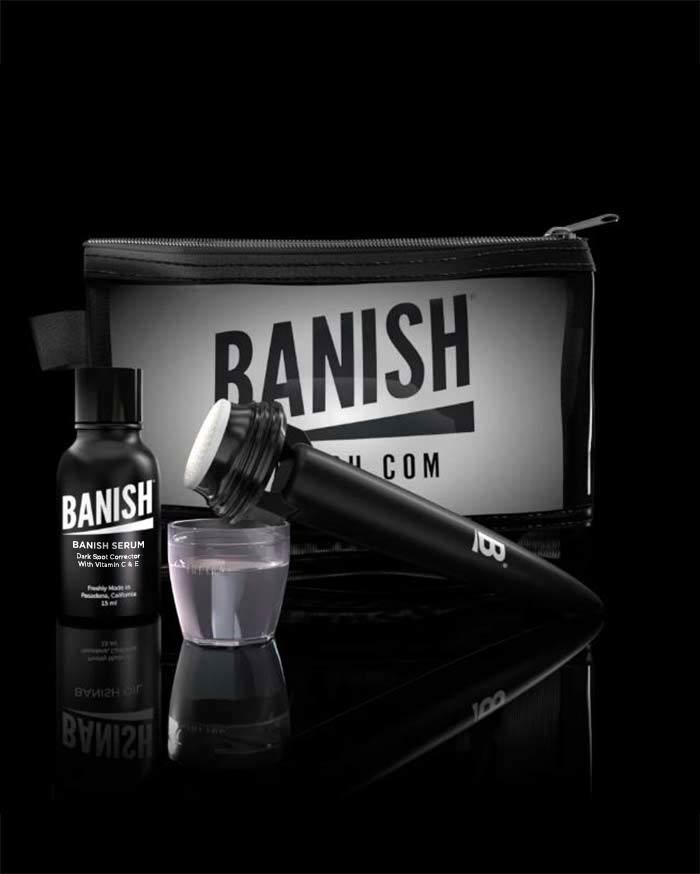
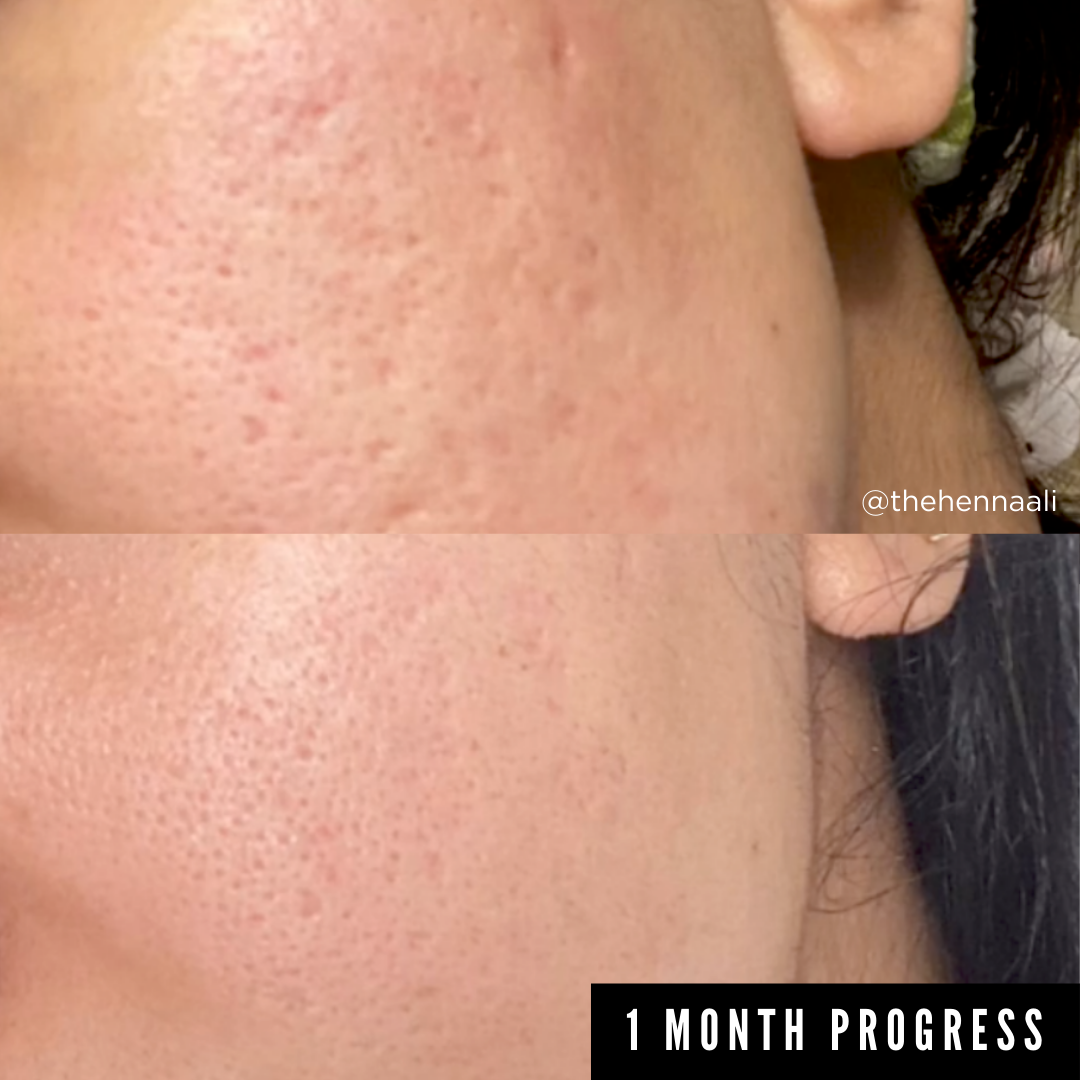
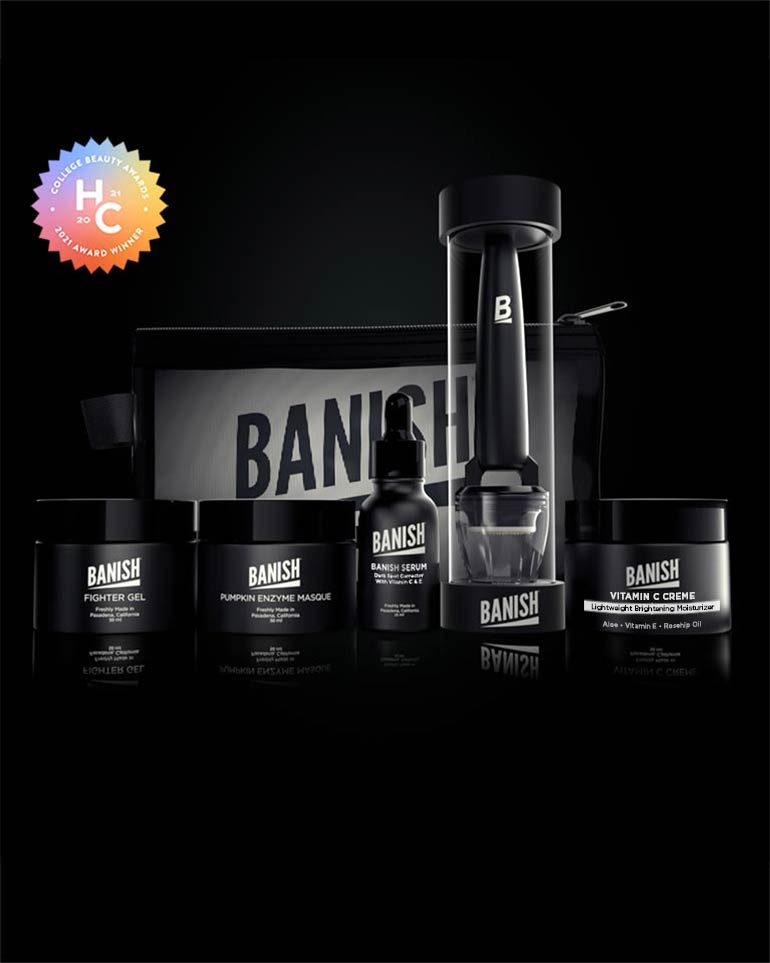
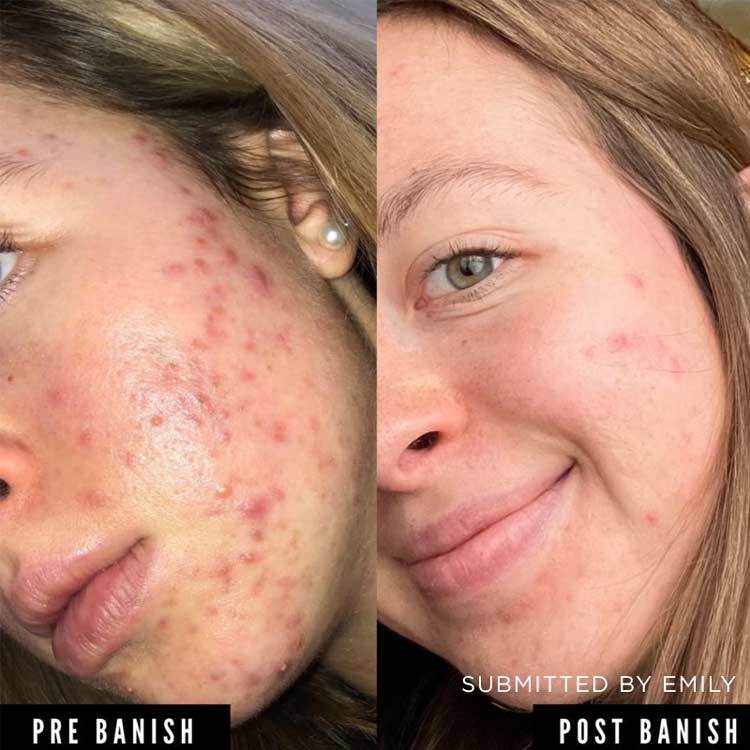
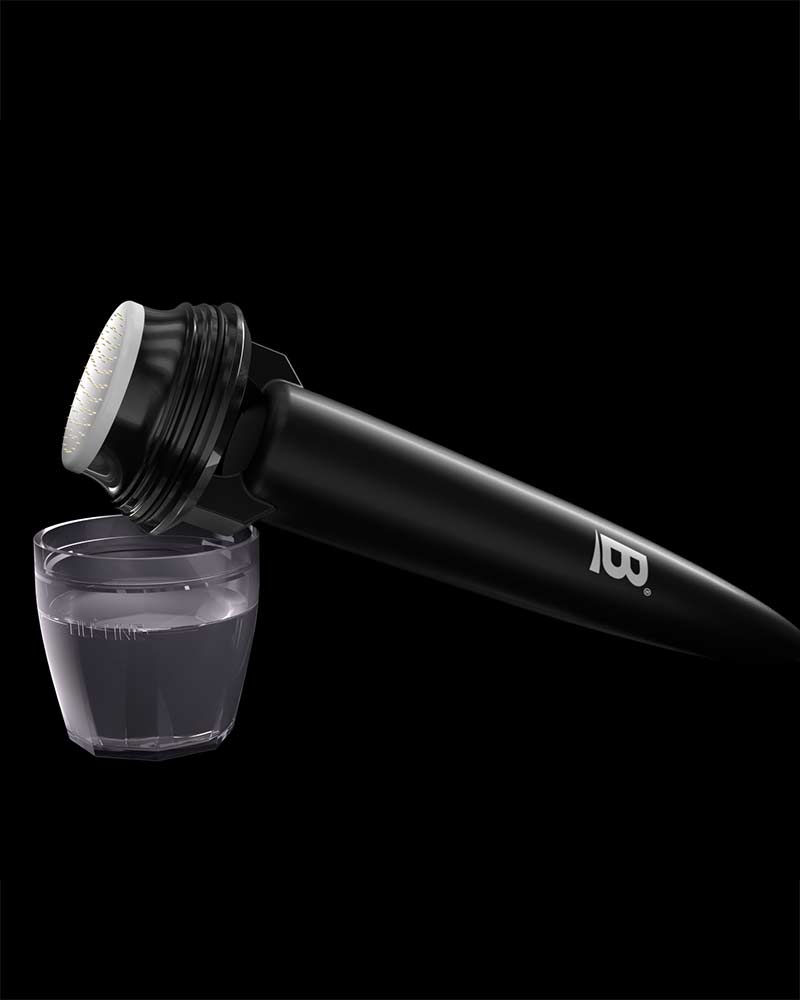
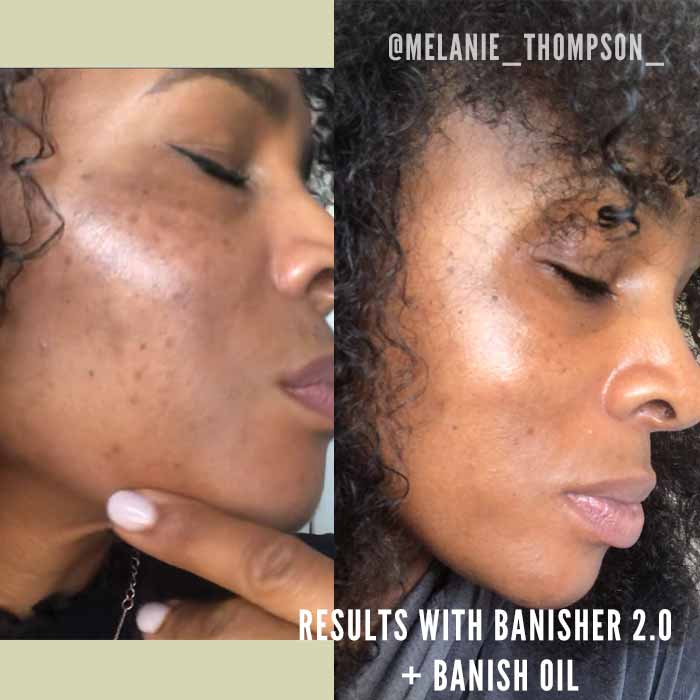
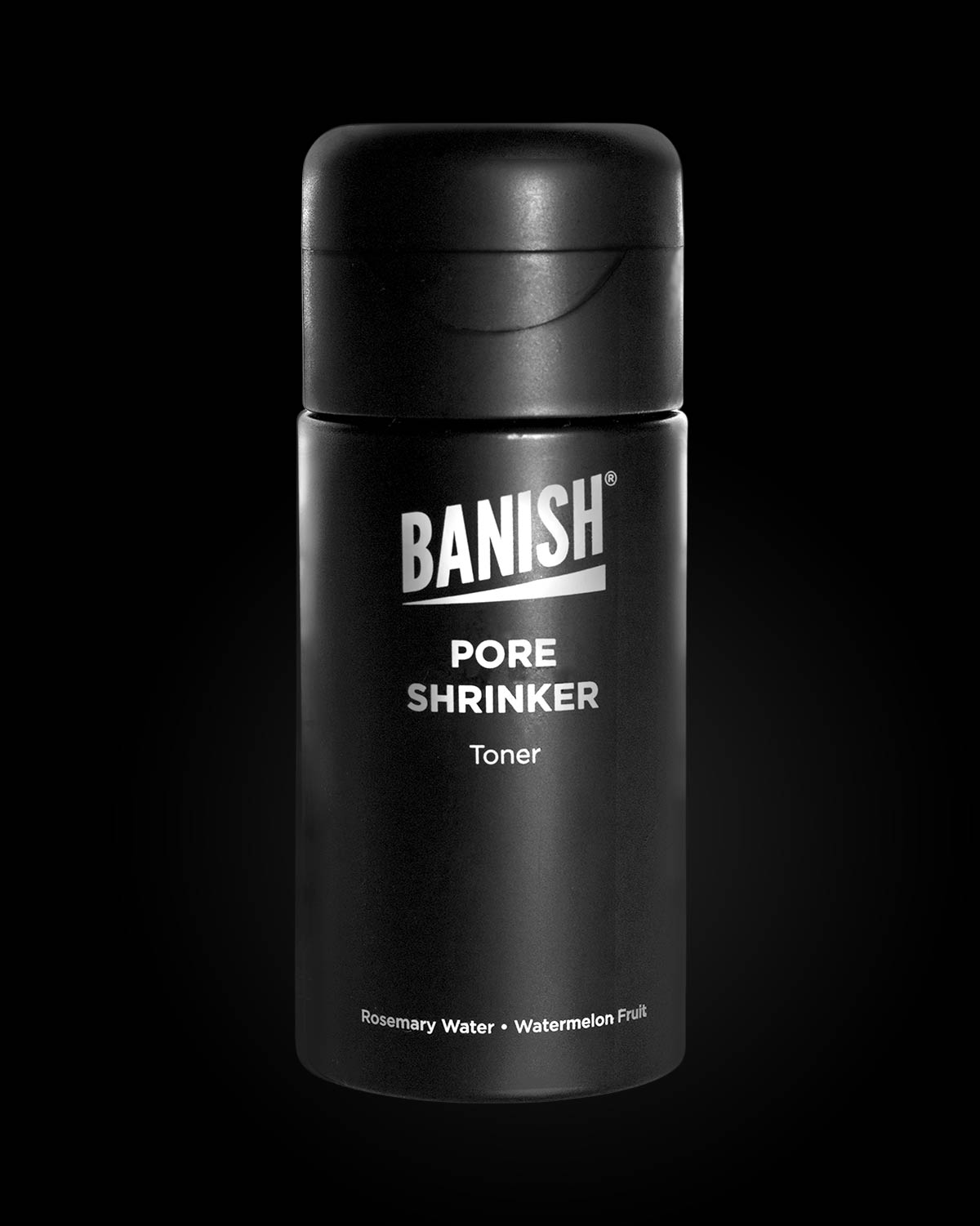
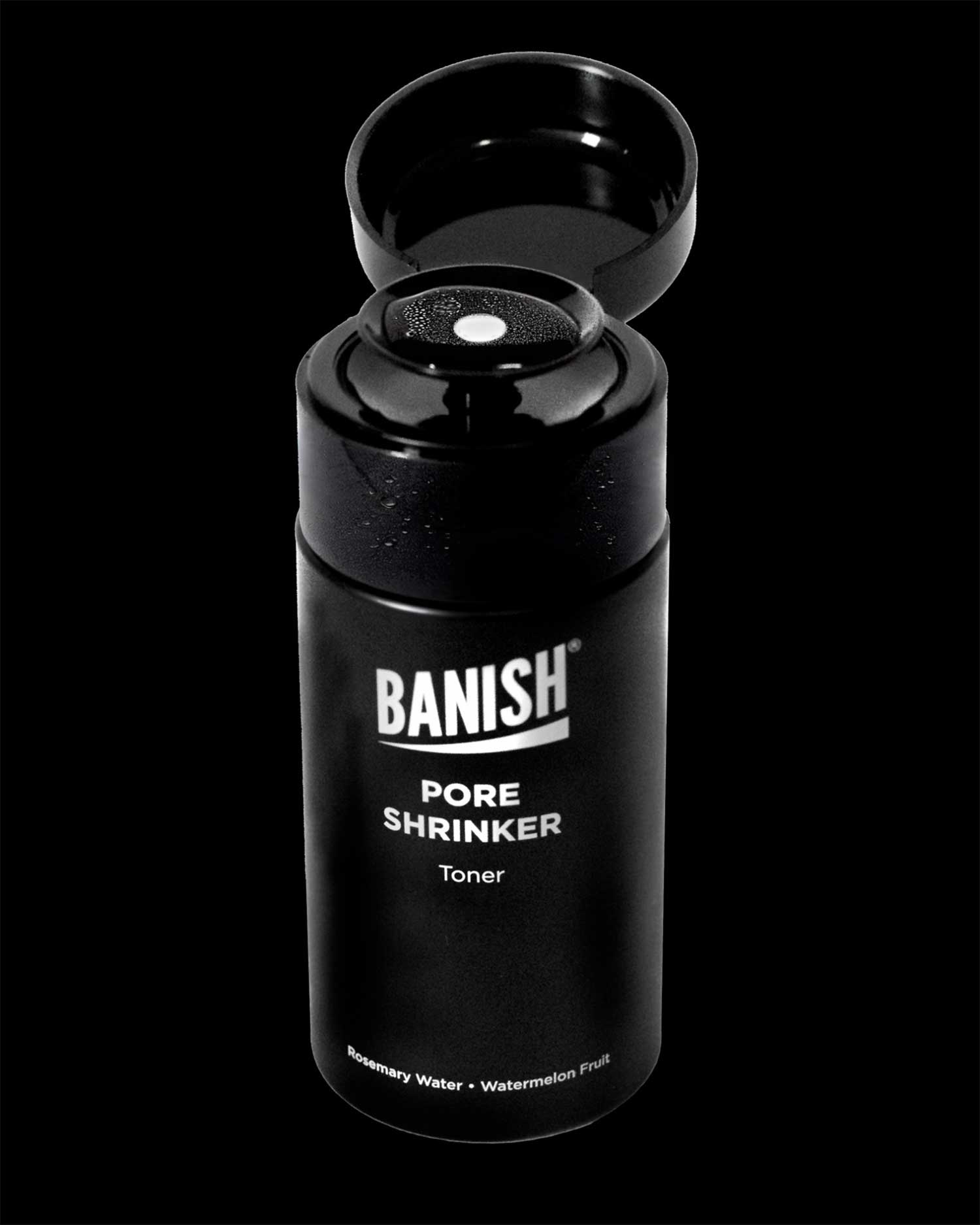


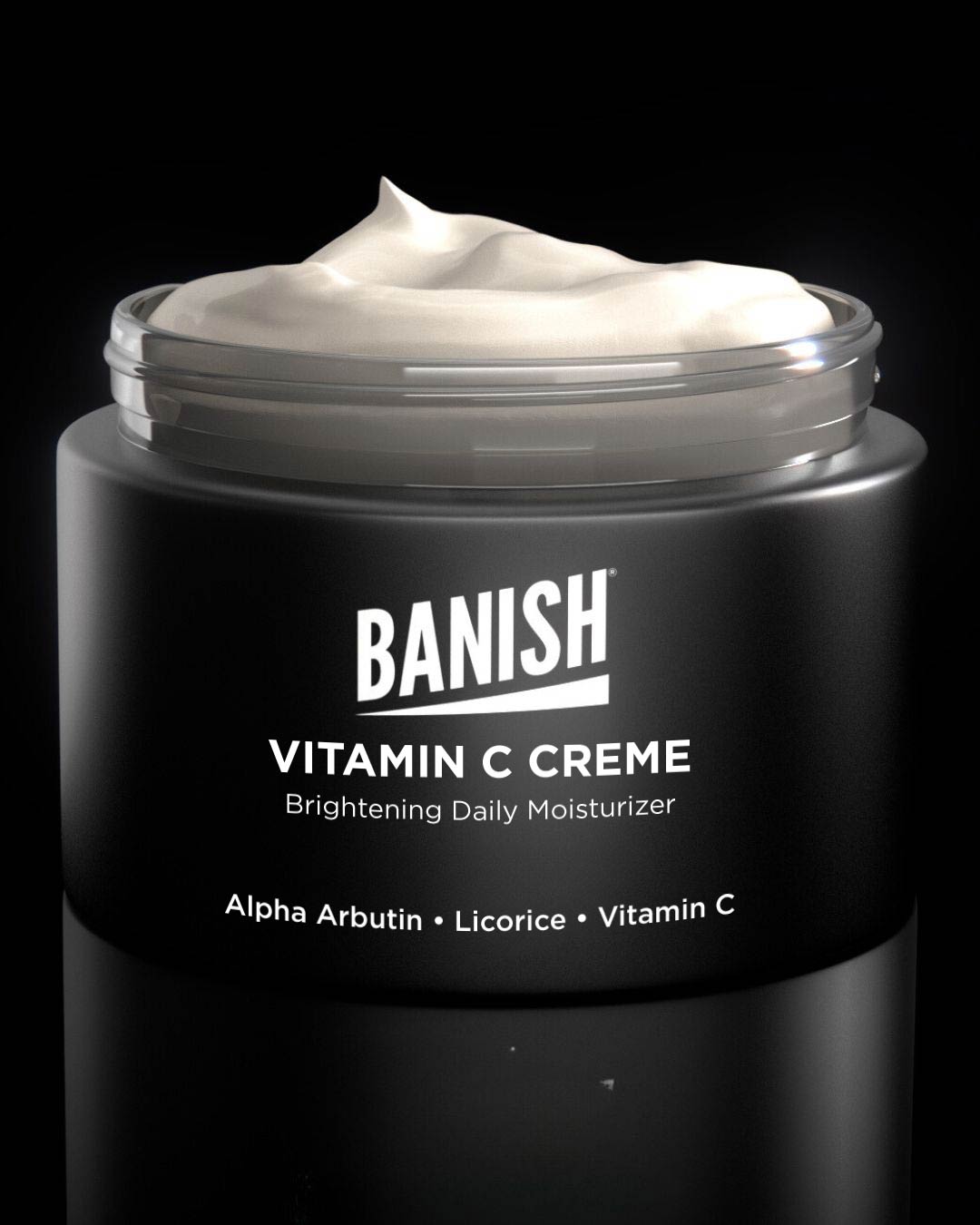
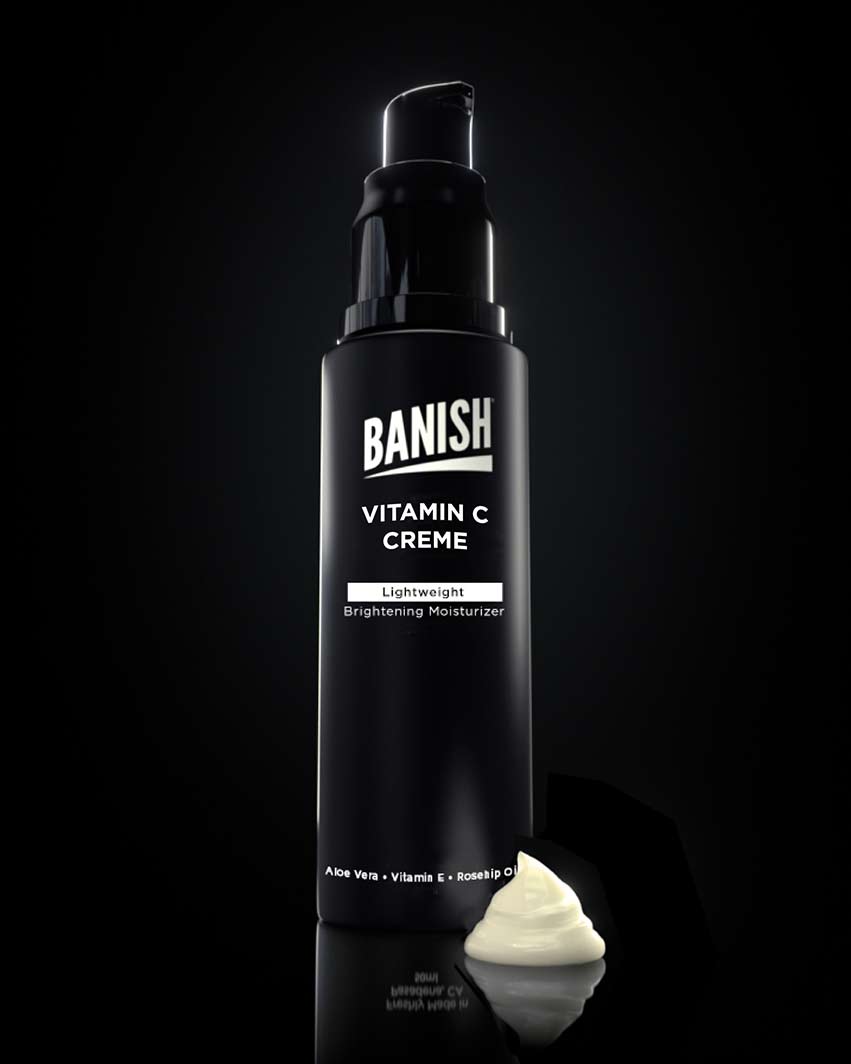
Leave a comment
All comments are moderated before being published.
This site is protected by reCAPTCHA and the Google Privacy Policy and Terms of Service apply.